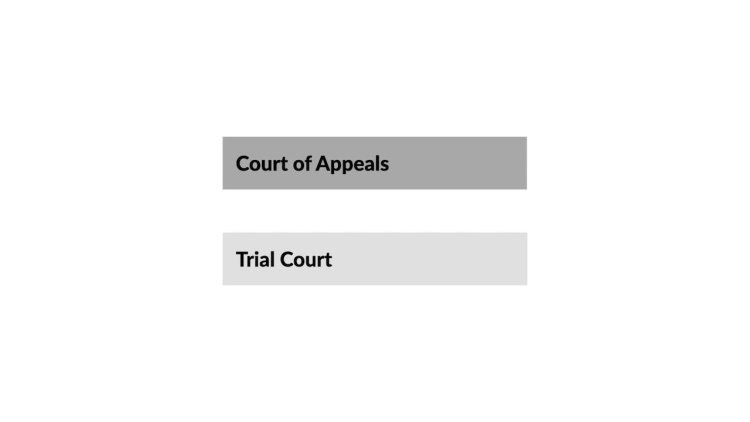Curtis Publishing Co. v. Butts
United States Supreme Court
388 U.S. 130 (1967)
- Written by Megan Petersen, JD
Facts
This case involves the applicability of New York Times v. Sullivan, 376 U.S. 254 (1964), to two previously decided cases involving public figures but not public officials. In Curtis Publishing Co. v. Butts, 351 F.2d 702 (5th Cir. 1965), Wally Butts (plaintiff), a college football coach, was accused of conspiring to fix a major game by giving crucial information to the other team. The Saturday Evening Post, published by Curtis Publishing Co. (Curtis) (defendant) contained a story about the incident saying that Butts was under investigation and “would likely never” work in college football again. Butts sued Curtis for libel. A jury awarded Butts $60,000 in general damages and $3,000,000 in punitive damages. After New York Times was decided, Curtis requested a new trial, but the court denied the motion on the grounds that New York Times did not apply because Butts was not a public official. The court also held that ample evidence existed in the record from which the jury could have concluded that the article was published with reckless disregard for the truth. In Associated Press v. Walker (1965), a reporter from the Associated Press (defendant) published an eyewitness account of a riot on a university campus over the enrollment of an African American student, James Meredith. The story said that James Walker (plaintiff) took command over the crowd and personally led their uprising against the federal marshals who were dispatched to enforce the court-ordered enrollment of Meredith. Walker, a decorated military veteran, said he merely “counseled restraint” to the students and had not taken part in challenging the federal marshals. Walker sued the Associated Press for libel and was awarded $500,000 in compensatory and $300,000 in punitive damages. The decision was affirmed on appeal. The United States Supreme Court granted certiorari over both cases.
Rule of Law
Issue
Holding and Reasoning (Harlan, J.)
Concurrence (Warren, C.J.)
Concurrence/Dissent (Black, J.)
What to do next…
Here's why 907,000 law students have relied on our case briefs:
- Written by law professors and practitioners, not other law students. 47,100 briefs, keyed to 996 casebooks. Top-notch customer support.
- The right amount of information, includes the facts, issues, rule of law, holding and reasoning, and any concurrences and dissents.
- Access in your classes, works on your mobile and tablet. Massive library of related video lessons and high quality multiple-choice questions.
- Easy to use, uniform format for every case brief. Written in plain English, not in legalese. Our briefs summarize and simplify; they don’t just repeat the court’s language.





